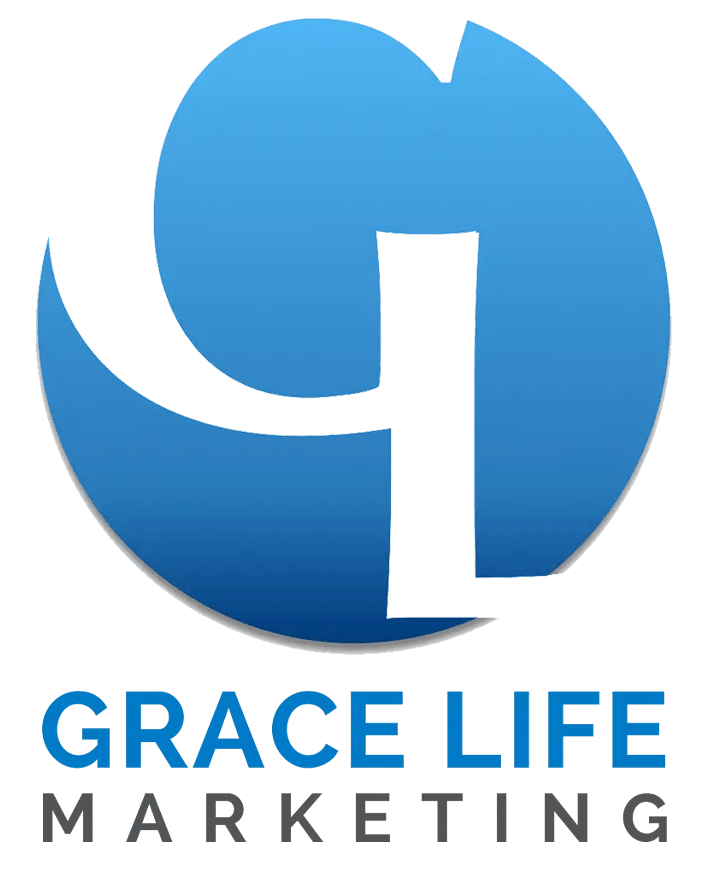The Power of Customer Relationship Management (CRM) Software
In the dynamic landscape of modern business, establishing and maintaining strong relationships with customers is paramount to success. One tool that has revolutionized how businesses manage these relationships is Customer Relationship Management (CRM) software. This blog post delves into the essence of CRM software, its benefits, key features, and how it can elevate your business to new heights.
Understanding CRM Software
Definition:
CRM software is a robust platform designed to streamline and enhance interactions with customers throughout their entire lifecycle. It serves as a centralized hub for managing customer data, communication, and sales processes.
Core Objectives:
- Centralized Customer Data: A comprehensive repository of customer information, including contact details, purchase history, and preferences.
- Improved Communication: Facilitates seamless communication and collaboration among teams, ensuring a unified approach in addressing customer needs.
- Sales Automation: Automates repetitive sales tasks, allowing teams to focus on high-value activities and strategic relationship-building.
Benefits of CRM Software
1. Enhanced Customer Satisfaction:
- Personalized Interactions: Leverage customer data to tailor communications and offerings.
- Timely Responses: Quick access to customer information enables faster issue resolution.
2. Increased Efficiency:
- Streamlined Workflows: Automate routine tasks, reducing manual effort and minimizing errors.
- Data Consolidation: Eliminate silos by consolidating customer data in one accessible location.
3. Strategic Decision-Making:
- Informed Insights: Access real-time analytics and reports for data-driven decision-making.
- Forecasting: Improve sales forecasts and identify growth opportunities.
Key Features of CRM Software:
1. Contact Management:
- Maintain a comprehensive database of customer contacts.
- Track interactions and communications for a holistic view of the customer journey.
2. Sales Automation:
- Automate lead scoring, sales follow-ups, and deal management.
- Improve sales efficiency and close deals faster.
3. Marketing Integration:
- Align marketing efforts with sales goals through integrated campaigns.
- Track and analyze the performance of marketing initiatives.
4. Customer Service and Support:
- Provide efficient customer support with ticketing systems and knowledge bases.
- Enhance customer satisfaction through timely issue resolution.
5. Analytics and Reporting:
- Generate detailed reports on sales performance, customer behavior, and team productivity.
- Utilize insights for continuous improvement and strategic planning.
Choosing the Right CRM Software
Considerations:
- Scalability: Ensure the CRM system can grow with your business.
- Integration: Look for compatibility with existing tools and software.
- User-Friendly Interface: Opt for intuitive platforms to enhance user adoption.
Conclusion
Investing in CRM software is not just a technological upgrade; it’s a strategic move towards building lasting customer relationships. By centralizing data, automating processes, and fostering collaboration, CRM software empowers businesses to deliver exceptional customer experiences and stay ahead in today’s competitive market. Explore the possibilities of CRM and unlock the potential for sustained growth and customer loyalty.










ABOUT THE AUTHOR
GRACE LIFE MARKETING
At Grace Life Marketing, we offer a comprehensive range of marketing services to help businesses thrive in the digital landscape. From expert website design and social media management to captivating videography and stunning product photography, our team is dedicated to delivering top-notch results. We also excel in social media advertising and strategic content marketing to effectively engage your target audience.
